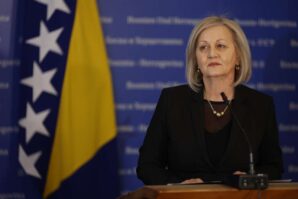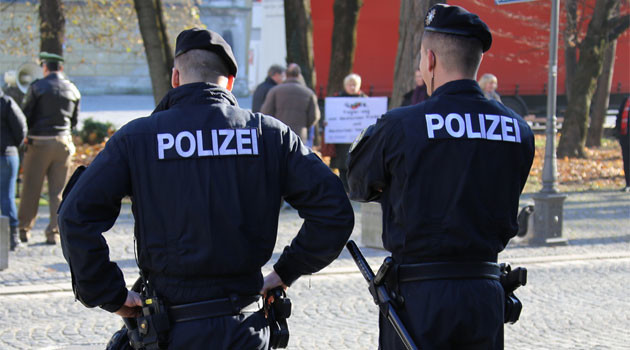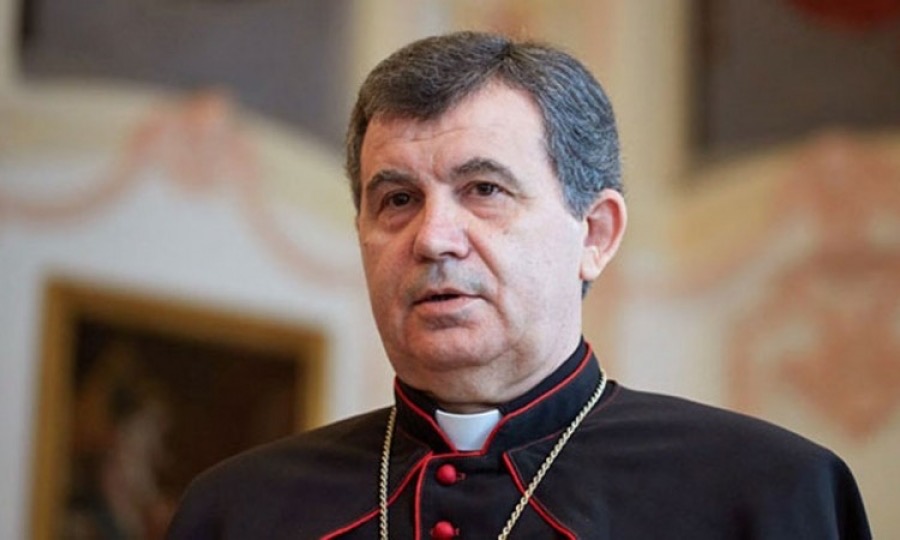
Every day, there is a talk about the situation in which Bosnia and Herzegovina has also found itself in the fight against the coronavirus. In the interview with “Stav” the Head of the Federal Civil Protection Staff Fahrudin Solak, presented and explained the current measures, possible measure in the future, the situation on the ground and citizens’ awareness on the coronavirus pandemic.
On the question about the situation and seriousness of citizens of Bosnia and Herzegovina about curfew, home isolation, Solak answers that it must be said that a large number of our citizens respect the measures of isolation, and there is not much talk about it.
“A large number of people are conscious, aware of the situation in the world, and therefore in Bosnia and Herzegovina as well. And on this occasion, I thank them all publicly for helping us with some small indications of the possibility of being infected with the virus by staying home in isolation. In doing so, they carry out their civic duty.”
On the other side, Solak adds that it is true that there were a number of those who did not comply with the prescribed measures, there were even before March 15, and then measures and sanctions were used, after which these people apologized.
“Today we can say that indeed a lot of people adhere to isolation measures,” Solak says.
On a question of how else can a breach of measure be prevented, will names of the ones who breach it will be published, Solak answers that the team has been in contact with colleagues from the Federal Inspection Directorate, and they have received some opinions from the Personal Data Protection Agency on how to treat disclosure the first and last name.
“We were also told by a number of companies that they could build applications that all conscientious people could use to monitor their movements without the police coming to the door, could send a live image to see if they were in isolation and the like. We can say that we have socially responsible companies that are aware of the situation and want to act proactively, to put their capacities at the disposal of civil society.”
On the question that some believe that Bosnia and Herzegovina has started to introduce measures on time, while some think it is too late and what could have been better done, Solak answers that he can confirm that Bosnia and Herzegovina, above all the Federation entity, but also Bosnia and Herzegovina in general, has done the maximum, and that it has done much more than individual countries in the region, and even in the world.
“I do not want to celebrate, we have some politicians coming out and bragging that there are not many dead at the moment, but no one can say for sure that we will not have a much higher number tomorrow. What should you tell them afterwards? It’s a politicism I wouldn’t get into, there’s no need to act like that. We need to take all the necessary prevention measures, in all countries of the world work in coordination with each other, trying to protect their populations. We need to work to ensure that all our measures result in the lowest possible infection rate and an even lower mortality rate.”
Commenting on a question that here are criticisms that few people are being tested, but on the other hand, it is expected to get 170,000 tests, Solak explains that testing is conducted by health care professionals, and that members of the Federal Headquarters are tasked with conducting all activities based on the protection of people, to provide all that is needed.
“We talk to our fellow healthcare professionals, epidemiologists, daily, listening to their advice, trying to apply what the profession says. What I can say as Chief of Staff is that we have completed the necessary procurement of tests. Already one quantity has been delivered to laboratories and all health centers; ambulances are supplied with sticks to be sampled and what is needed to send the sample itself for analysis. We also have a number of private polyclinics, which have devices for analysis, made available or offered help to clinical centers. We will see if their engagement is required. Currently, our labs can run up to two thousand tests a day. The tests will be enough, by the end of the week we expect to be 150,000,” Solak adds.
On the possibility of closing cities, or cantons, Solak states that there are always exceptions, life cannot be stopped, cities cannot be stopped, especially the customer service must function, the food to be distributed, what in case of fire, etc..
“We cannot prohibit the functioning of life, but unnecessary movement can be eliminated as needed. That’s what we’re thinking.”
“We believe that individual cases should be handled by cantonal staffs and employers, and in most cantons this has already been resolved. I do not think it is a large number of people because all institutions have also minimized their work,” Solak concludes.
(Photo: Faktor)














